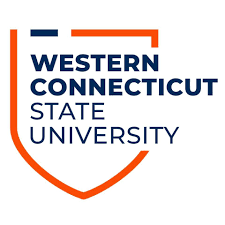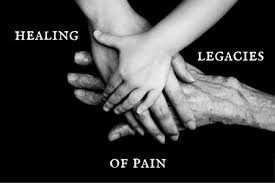Healing from Community Trauma: Resources and Information
 RESOURCES FOR COPING WITH STRESS IN THE WAKE OF COMMUNITY TRAUMA AND BEYOND
RESOURCES FOR COPING WITH STRESS IN THE WAKE OF COMMUNITY TRAUMA AND BEYOND
This webpage addresses many community needs following the recent tragedy in Minnesota and the ongoing community trauma that our communities are experiencing. The webpage also includes tools for further action and education about the individual experience(s) of community trauma based on systemic racism in varying perspectives, which is beneficial to our university and other communities at large.
Racism is a critical public health issue that impacts all aspects of our health, especially social and mental well-being.

WCSU PLEDGE STATEMENT
The WCSU administration, members of the University Diversity Council as well as support from WCSU AAUP and SUAOF chapters acknowledge and pledge to adhere to the following:
Keep our eyes on the real issue in naming and recognizing systemic racism and oppression.
Design processes to create gracious and brave (virtual and physical) spaces for our university community to conduct dialogue on varying topics on race-relate trauma and experiences without consuming each other or creating further conflicts.
Engage our university community with a focus on, but not be distracted from, the centuries-long, deep-seated issues that we as a nation must confront and faithfully work through with real encounters, skills to listen with understanding and actions that truly transcend into our university culture from these words “one nation, under God, with liberty and justice for all.”
COPING STRATEGIES – INFORMATION AND RESOURCE POSTING(S)
Please click the below embedded hyperlinks to view the following listed resources and strategies upon experiencing stressful time(s) which was adapted from the JED Foundation’s Coping with Violence, Trauma and Tragedy tip sheet:
FACULTY/EDUCATOR RESOURCES: WCSU is here to help foster learning, support active dialogue and continue to build a safe, equitable community for all. Part of building this community is to engage in learning and to be open to understanding about privilege, racism, and creating social change in (and outside of) the classroom.
The various hyperlinks, information and resources on this webpage are to offer coping skills and resources to support you in these stressful times we’re all experiencing together. Please take a moment to review all of the posted hyperlinks, publications, listed resources, strategies videos, webinars, and updates in more detail to offer a more candid opportunity to understand, be compassionate and to support those who are experiencing issues firsthand from the wake of existing (and evolving) community trauma.

